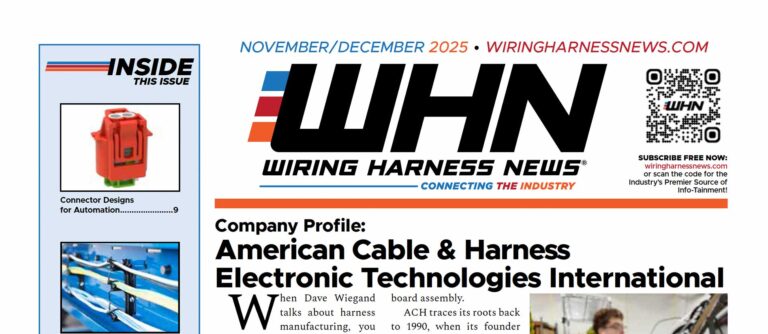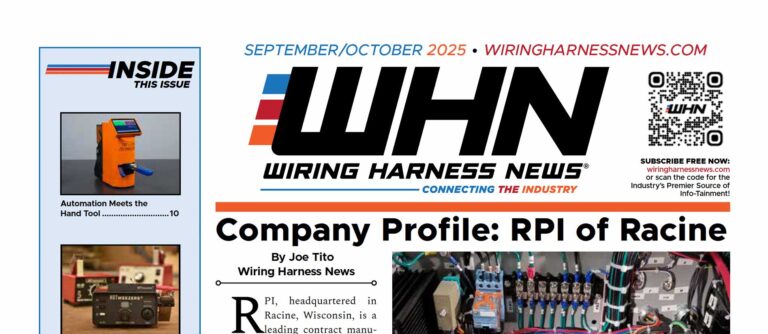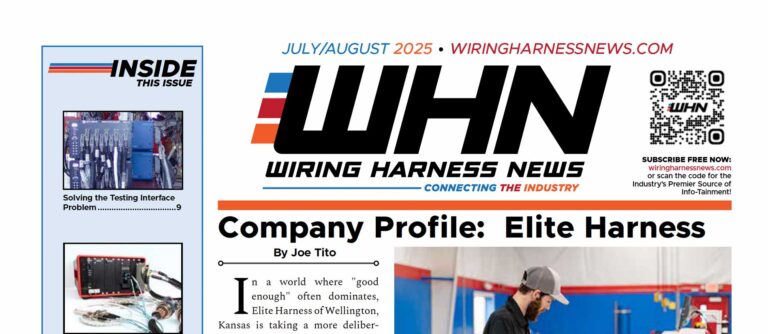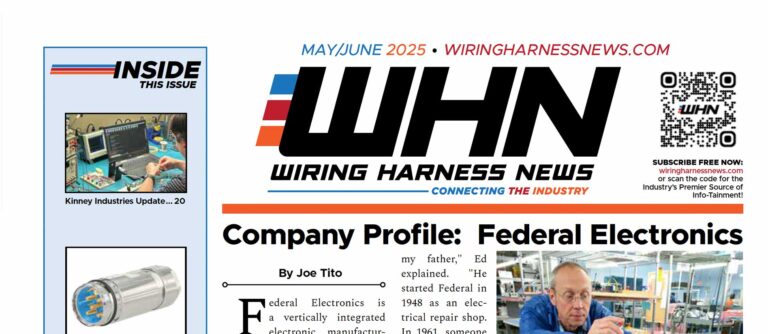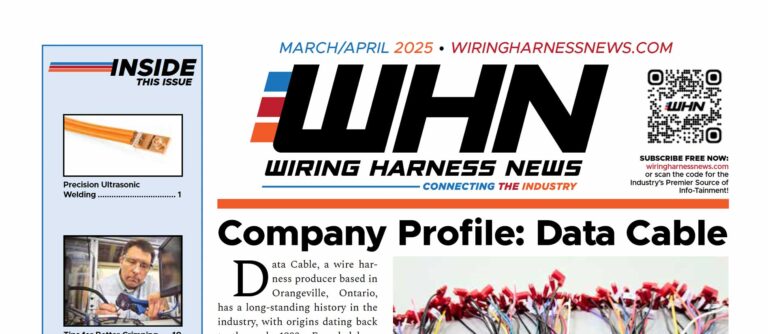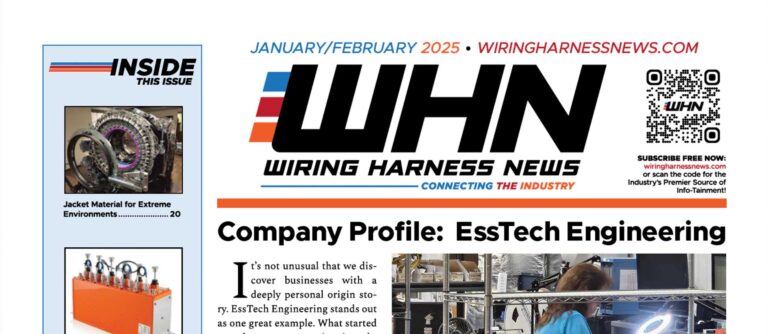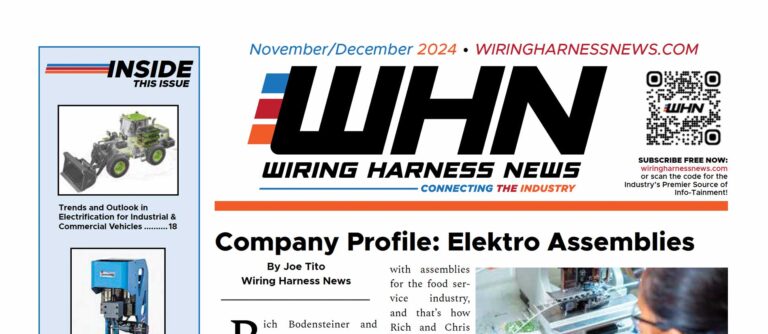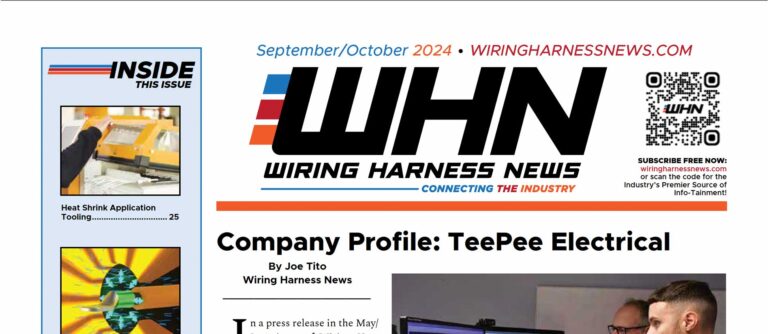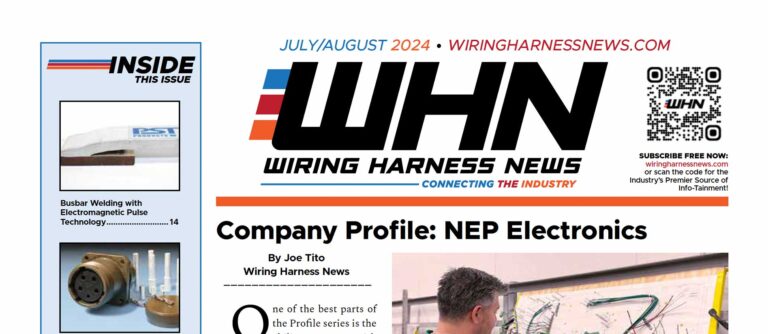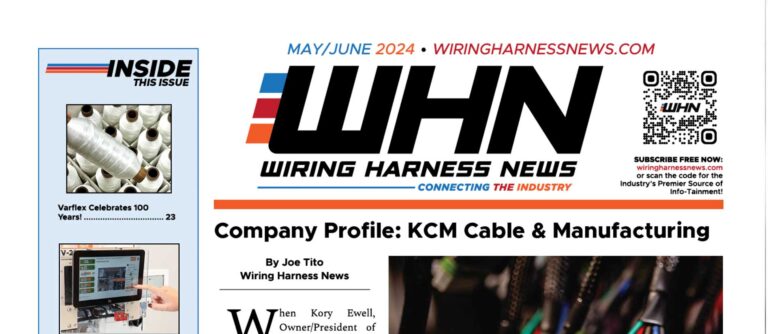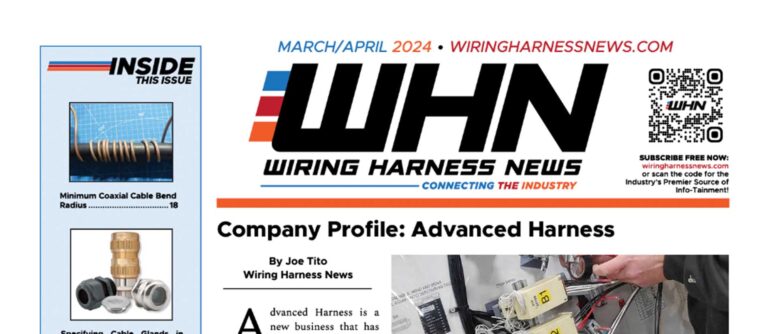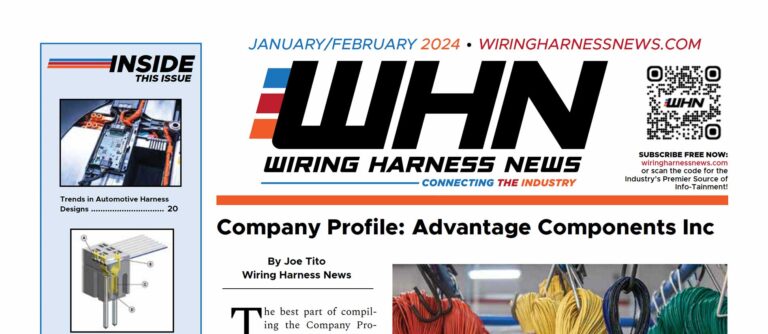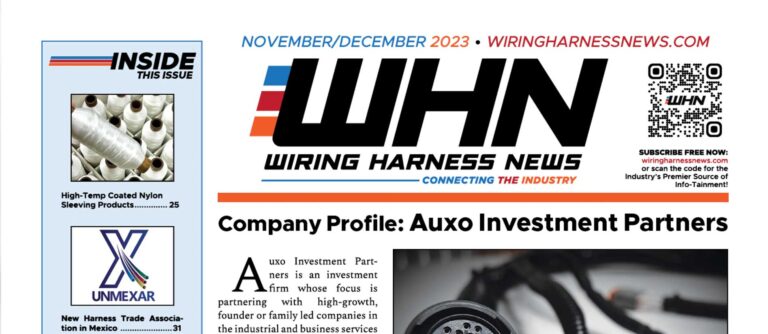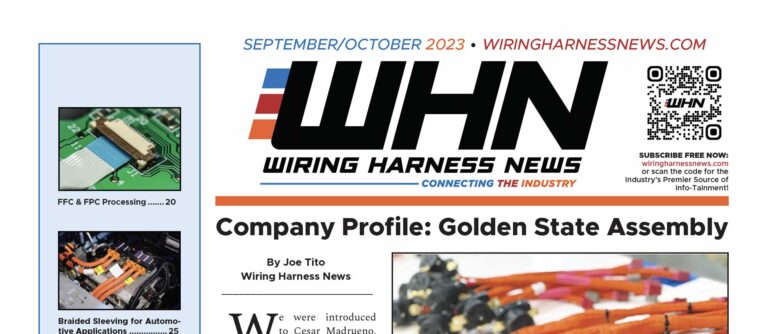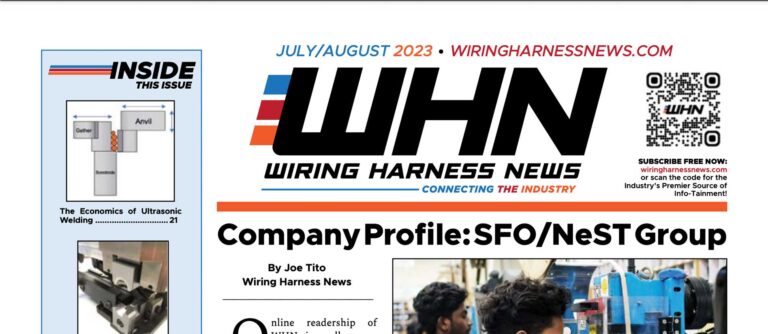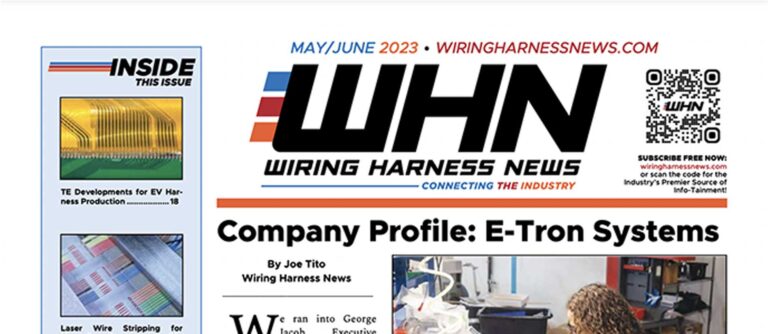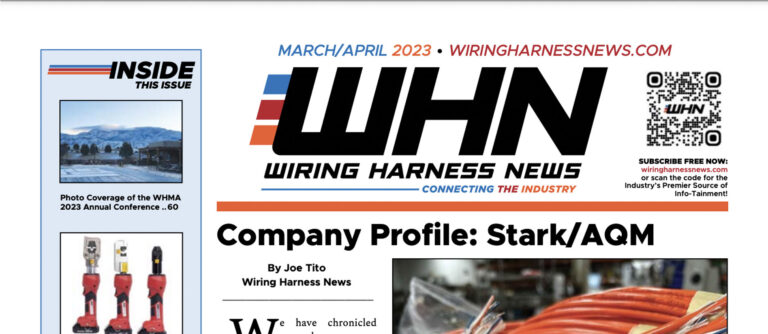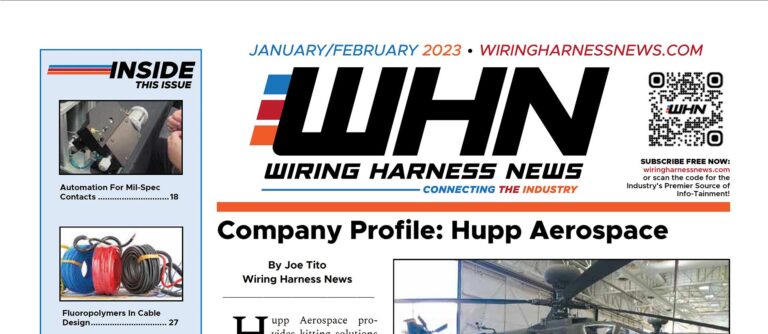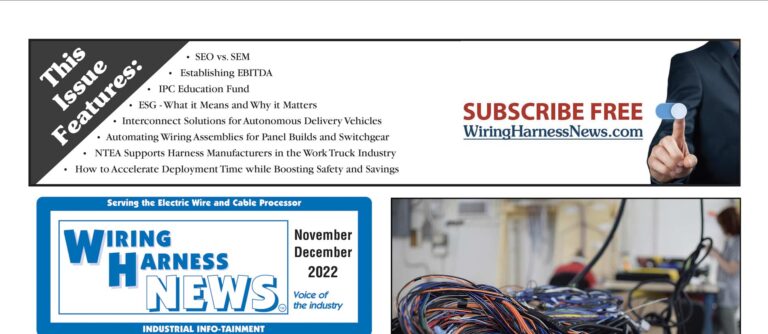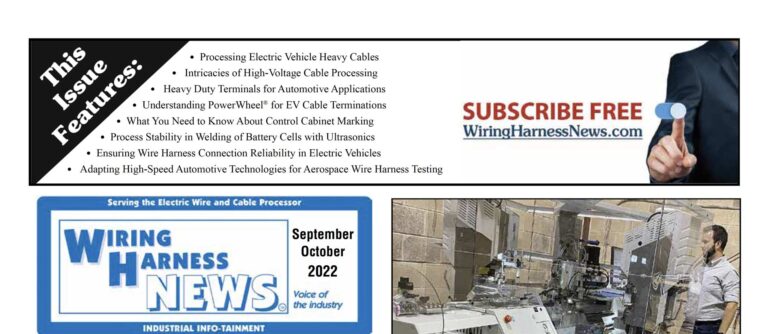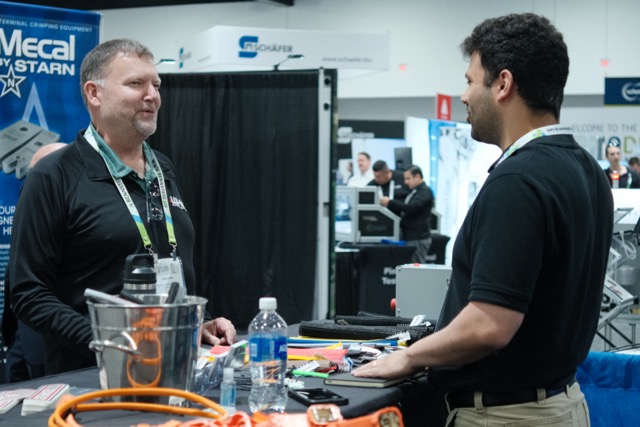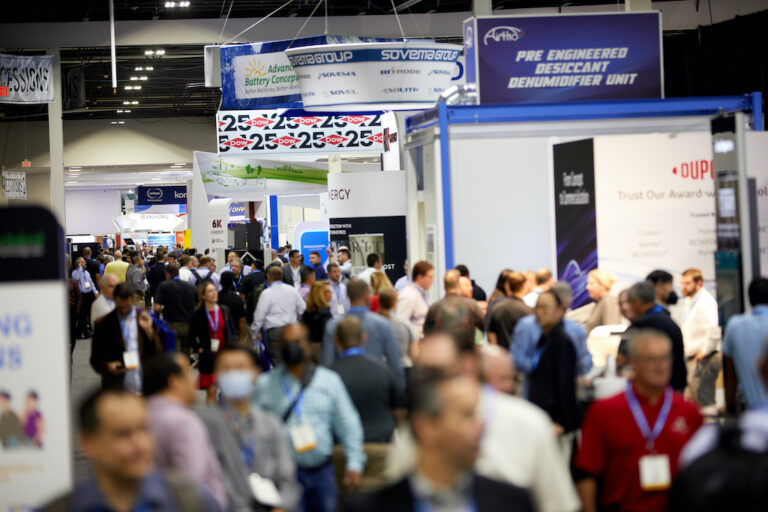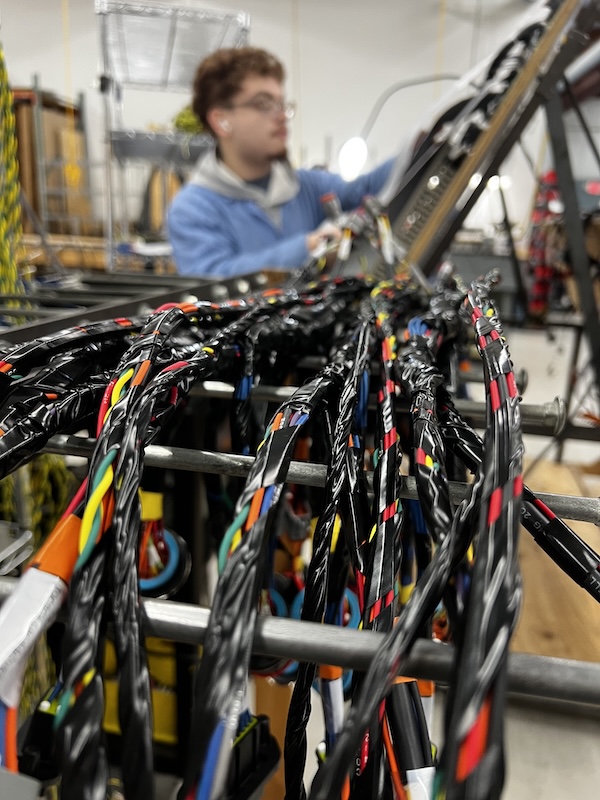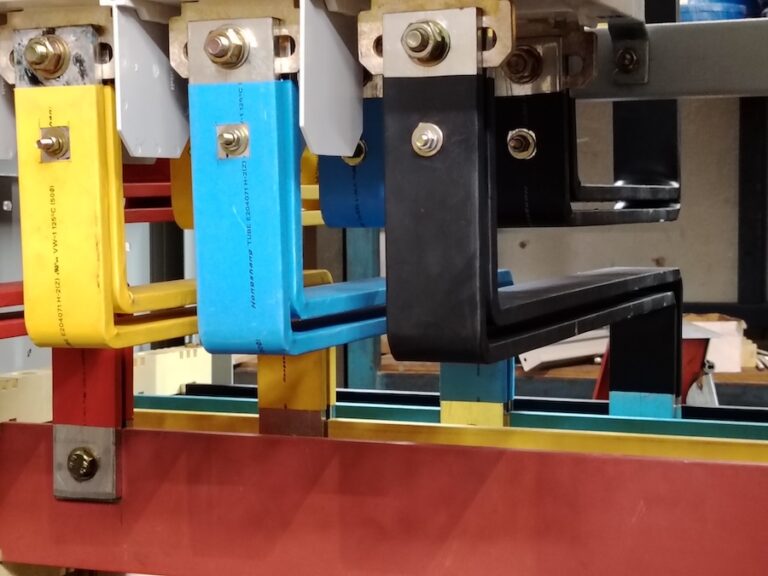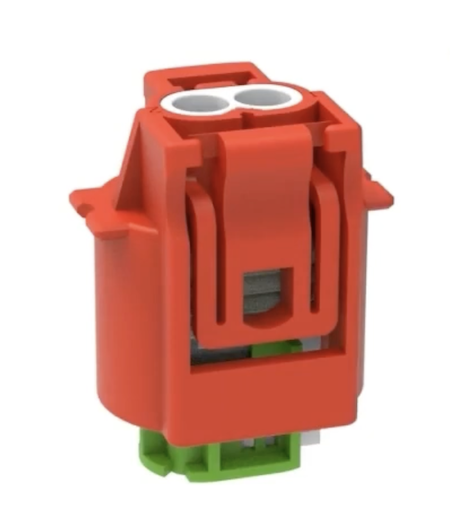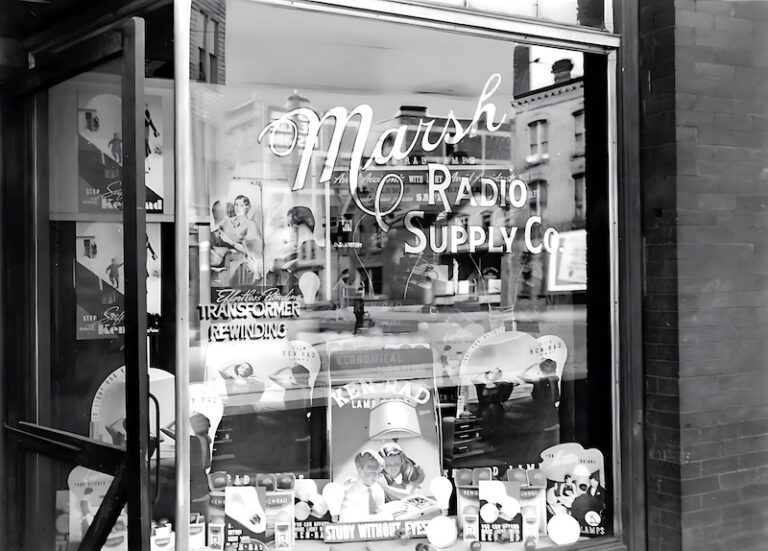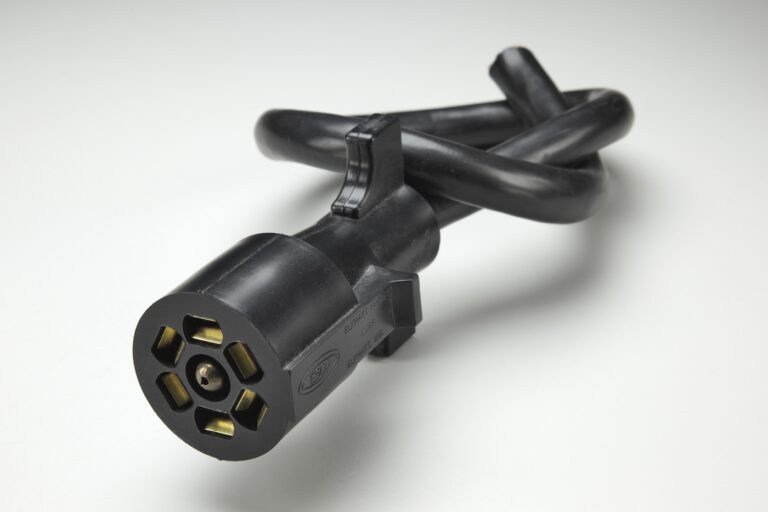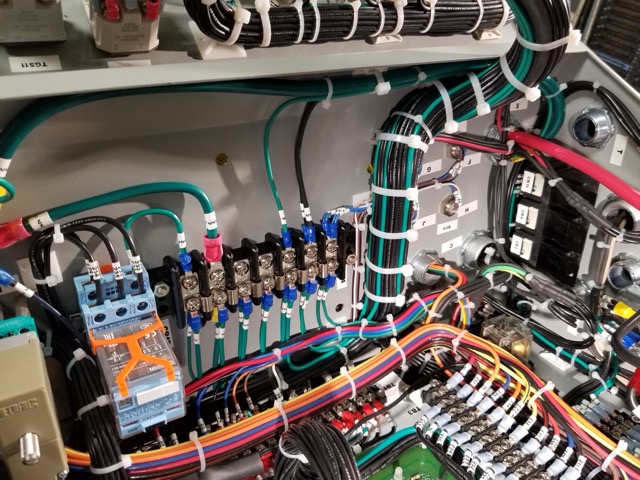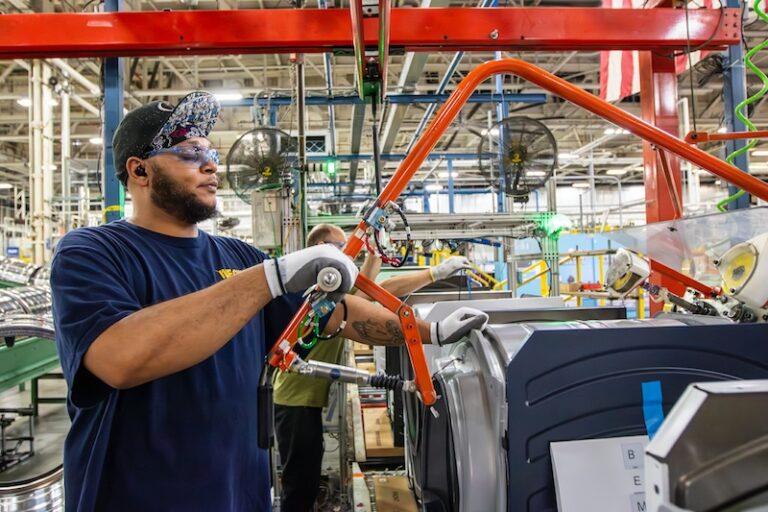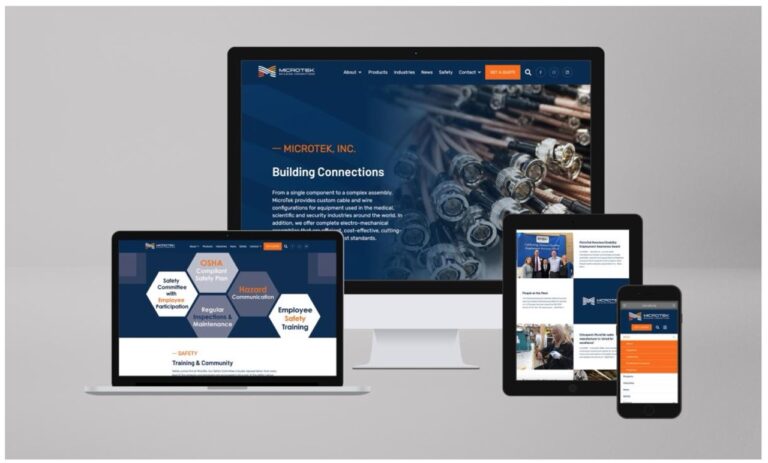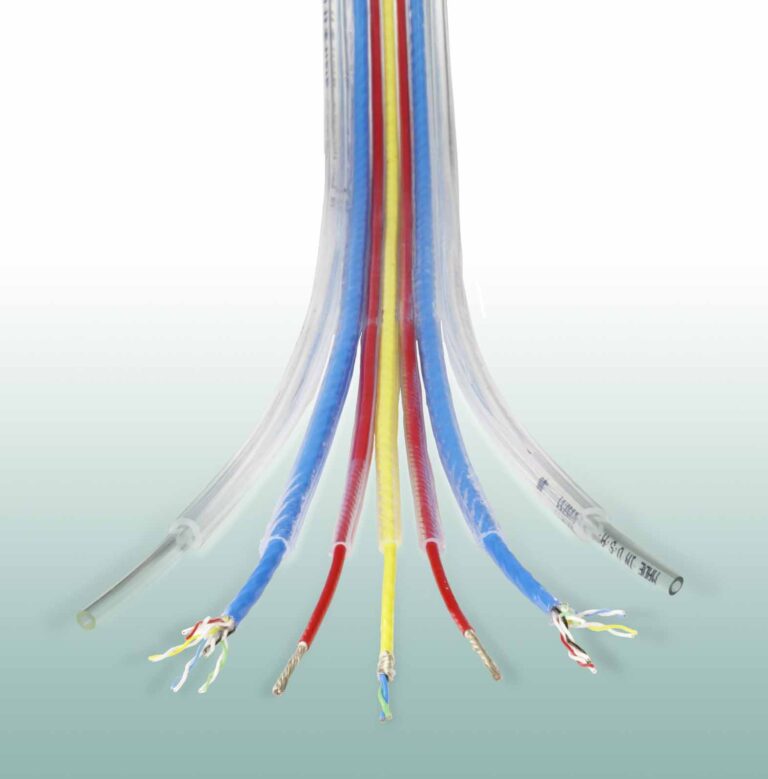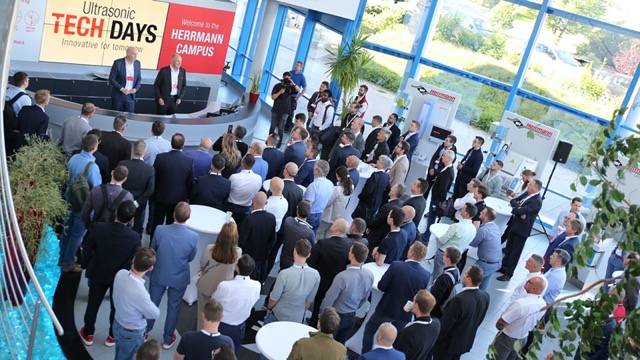Ancient Reflections, Modern Applications
By Wes Garner
Modern man suffers from a cataclysmic concussion. The Enlightenment, the Industrial Revolution and an onslaught of technology have struck our heads with dizzying force and given us swollen egos. With blurred vision and distorted thinking, we are now susceptible to incorrect conclusions about the world we occupy. Illusions of progress have persuaded us to relegate history as art and embrace invention as savior. In fact, many have come to believe that man has reached its pinnacle of existence. The Ancients were perhaps wise for their day but make no real offering to our present condition. Or so we think.
Over 2,000 years ago, the philosopher Aristotle was born. A full biography is well beyond the scope of this article, but it is sufficient to note, “…the Aristotelian system of logic as well as his unprecedented forays into science, politics, and metaphysics, advanced Western intellectual thought from ancient times to as far as the seventeenth century.” Though his works now sell for pennies on Amazon, his wisdom could be weighed in gold. He was not a perfect man, but his sight was much clearer than our own.
Aristotle penned numerous books while founding the Lyceum and the Peripatetic schools of philosophy. One enduring work, entitled “Rhetoric”, addresses the means of persuasion. Most readers are familiar with the lingering grammatical terms ethos, logos, and pathos, which were developed in this work. In chapter five, Aristotle deals with the definition of happiness. It is here that the great philosopher articulates a transcendent truth, applicable across the ages. He states, “We may define happiness as prosperity combined with virtue.” Notice the equation: prosperity times virtue equals happiness. Prosperity alone is insufficient to produce happiness. As Another has said, “A man could gain the whole world and lose his soul.”
It’s here we move into the realm of business, particularly the wire and cable industry. The bottom line is simply not the bottom line. Happiness requires, “Justice, courage, temperance, magnanimity, magnificence and all such qualities as being excellencies of the soul.” Let’s consider three areas that bear application:
Quoting
Recently, SureTech Assembly quoted a new assembly for a customer in the automation industry. Due to high complexity and low volume, their assemblies are typically expensive. This case was no different. We won the quote despite higher pricing. Upon working through the engineering, bill of materials, and manufacturing instructions, I realized I had made a mistake in the quote. I had inadvertently priced a component incorrectly by misplacing the decimal. The result was a significantly inflated price. What to do? I could say nothing, and our profit margins would soar on this build. But the land of plenty void of virtue yields no happiness. A call was placed, the price corrected, and joy ensued.
Employment
Who hasn’t felt the emotion of happiness after a week of diligent work? And what could be more rewarding than persistence combined with success. In 2018, we worked the entire year on one large account. There were weekends and holidays spent in the office cranking through the data to prepare the quotes. Finally, after months of investment, the account came through and the first purchase order arrived. The principle held true. Prosperity combined with virtue (diligence) yielded happiness.
Quality
Years ago, I worked on the floor for a different contract manufacturer who made basic box builds or sub-assemblies. One of our customers was deeply struggling with their product. It was designed poorly, and they were failing in the field. Undoubtedly, this customer’s future was in question. A lot of product was returned to our company for rework and repair. What to do? We decided to spend as little time as possible. We patched up the units poorly and sent them back out. We didn’t fix them. We lacked true integrity. Yes, they shipped. Yes, they were invoiced. Yes, we were paid. But the situation and resulting series of decisions brought no happiness.
Thousands of years later, Aristotle’s equation proves to be inescapably true. Happiness is not the product of building our own empires at any cost. It is only when prosperity is multiplied by virtue that true happiness can be gained.
Aristotle. Rhetoric. Edited by Paul Negri. Translated by W. Rhys Roberts, Dover Publications, 2004, pp. 34, 371, 463.
Wes Garner is the Director of Sales and Marketing for SureTech Assembly. He holds his BA in Christian Studies. [email protected]


